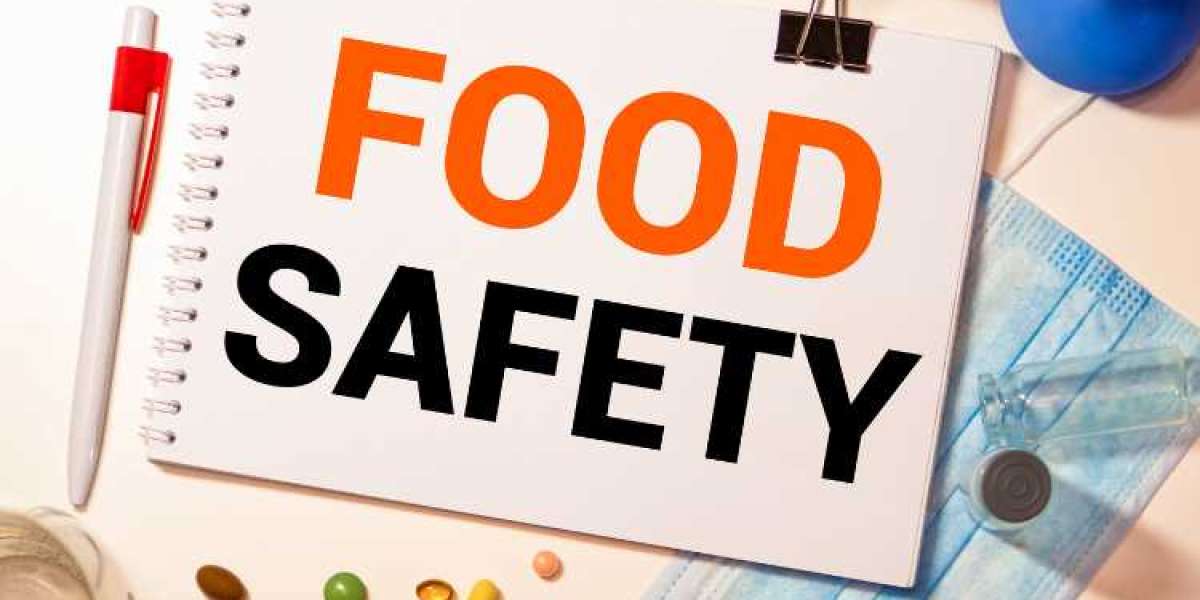In the complex landscape of the food industry, traceability emerges as a pivotal factor in ensuring food safety, quality, and transparency. This article explores the significance of traceability in food products, the integration of traceability systems in the food industry, and the development of comprehensive food traceability programs to uphold global standards.
Understanding Traceability in Food Products:
- Definition: Traceability refers to the ability to track and trace the movement of a product or its components throughout the supply chain. In the context of the food industry, traceability involves identifying the origin, processing, distribution, and sale of food products.
- Importance of Traceability: Traceability is fundamental to safeguarding food safety. It allows for swift and accurate identification of the source of any potential contamination or quality issues, facilitating prompt corrective actions. Beyond safety concerns, traceability also supports sustainability initiatives, regulatory compliance, and consumer trust.
- Key Components: Effective traceability encompasses various components, including unique identifiers, batch or lot numbers, barcodes, RFID tags, and digital records. These elements contribute to creating a robust traceability system capable of providing detailed information about each stage of a product's journey.
Integration of Traceability Systems in the Food Industry:
- Technological Advances: The integration of technology has revolutionized traceability systems in the food industry. Automated solutions such as RFID (Radio-Frequency Identification), barcoding, and blockchain enable real-time tracking, enhancing accuracy and efficiency.
- Data Management Systems: Traceability relies on robust data management systems. These systems store and retrieve information related to each batch or lot of food products, facilitating quick access to crucial details during audits, recalls, or investigations.
- Blockchain Technology: Blockchain, with its decentralized and transparent ledger, is increasingly being adopted in the food industry for traceability. It ensures a secure and immutable record of each transaction, fostering trust among stakeholders and allowing for a comprehensive view of the supply chain.
- Supplier Collaboration: Traceability systems are most effective when there is collaboration among suppliers, manufacturers, distributors, and retailers. Shared databases and communication channels enable seamless traceability, helping all stakeholders respond promptly to issues.
Developing Comprehensive Food Traceability Programs:
- Regulatory Compliance: Regulatory bodies worldwide are emphasizing traceability as a critical aspect of food safety. Comprehensive food traceability programs ensure compliance with local and international regulations, protecting businesses from legal implications and fostering a culture of responsibility.
- Risk Management: A well-designed traceability program is a proactive risk management tool. It enables businesses to identify potential risks, mitigate them swiftly, and establish preventive measures, reducing the likelihood of widespread recalls or crises.
- Consumer Confidence: In an era where consumers are increasingly conscious of the origin and safety of their food, a robust traceability program enhances consumer confidence. Transparent communication about a product's journey instills trust and loyalty among consumers.
- Supply Chain Efficiency: Traceability programs contribute to supply chain efficiency by reducing the time and resources spent on investigating issues. Quick identification of affected products allows for targeted recalls, minimizing the impact on unaffected parts of the supply chain.
- Continuous Improvement: Traceability is not just about reacting to issues; it also provides valuable data for continuous improvement. Analyzing traceability data allows businesses to identify patterns, optimize processes, and enhance overall supply chain performance.
Implementing a Food Safety Traceability System:
- Define Objectives and Scope: Begin by clearly defining the objectives of the traceability system. Determine the scope, considering the specific needs of the business, the nature of the products, and regulatory requirements.
- Select Appropriate Technology: Choose technology that aligns with the goals of the traceability program. Evaluate options such as barcoding, RFID, or blockchain based on factors like cost, scalability, and integration capabilities.
- Establish Unique Identifiers: Assign unique identifiers to each batch or lot of products. These identifiers, such as serial numbers or barcodes, serve as the backbone of traceability, allowing for accurate tracking and tracing.
- Implement Data Capture and Storage: Develop a system for capturing and storing relevant data at each stage of the supply chain. This includes information on raw materials, production processes, transportation, storage conditions, and distribution.
- Train Stakeholders: Ensure that all stakeholders, from production staff to suppliers and distributors, are trained on the use of the traceability system. Clear communication and training foster a shared understanding of the importance of traceability.
- Test and Validate: Conduct thorough testing and validation of the traceability system before full implementation. Identify and address any glitches, ensuring that the system operates seamlessly and provides accurate information.
- Continuous Monitoring and Improvement: Regularly monitor the traceability system's performance and address any issues promptly. Implement feedback mechanisms for stakeholders to contribute insights, fostering a culture of continuous improvement.
Challenges and Considerations:
- Cost Implications: Implementing a robust traceability system may involve initial costs for technology, training, and data management. Businesses should weigh these costs against the potential benefits of improved safety, regulatory compliance, and consumer trust.
- Integration with Existing Systems: Integrating traceability systems with existing business processes and technologies can be challenging. A careful assessment of compatibility and seamless integration is crucial to avoid disruptions.
- Standardization and Collaboration: Standardizing traceability practices and fostering collaboration among industry stakeholders are essential for effective traceability. Establishing common standards can facilitate interoperability and data sharing across the supply chain.
- Data Security and Privacy: As traceability systems involve the collection and sharing of sensitive data, ensuring robust cybersecurity measures and respecting privacy concerns are paramount. Businesses must prioritize the security of traceability data.
Conclusion:
Traceability is a cornerstone of modern food safety practices, offering a multifaceted approach to transparency, risk mitigation, and regulatory compliance. As the food industry grapples with evolving challenges, the integration of advanced technologies and the development of comprehensive traceability programs are essential for safeguarding the integrity of the global food supply chain. Through proactive implementation and continuous improvement, businesses can not only meet regulatory requirements but also elevate their standards, contributing to a safer and more transparent food industry for consumers worldwide.
The Food Industry Capacity and Skill Initiative (FICSI) in India plays a crucial role in advancing traceability in the food industry. FICSI's commitment to enhancing skills aligns with the global emphasis on food safety and traceability. By providing comprehensive training and programs, FICSI contributes to the development and implementation of effective traceability systems. These initiatives not only ensure compliance with international standards but also foster transparency, risk management, and continuous improvement in the food supply chain. FICSI's efforts are instrumental in elevating the standards of traceability practices, strengthening the foundation of a safe and accountable food industry in India.


